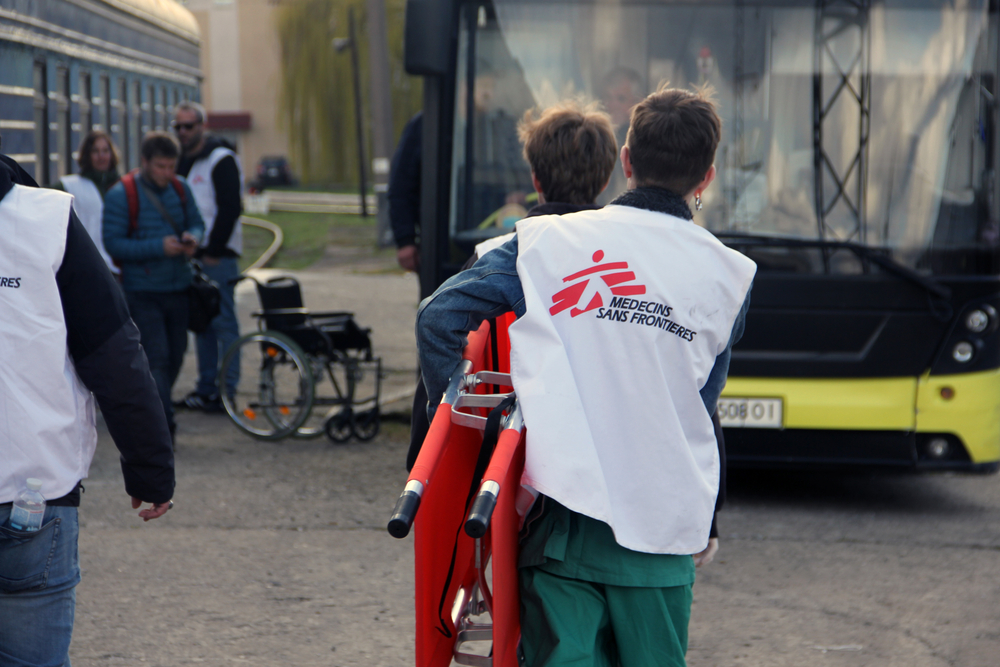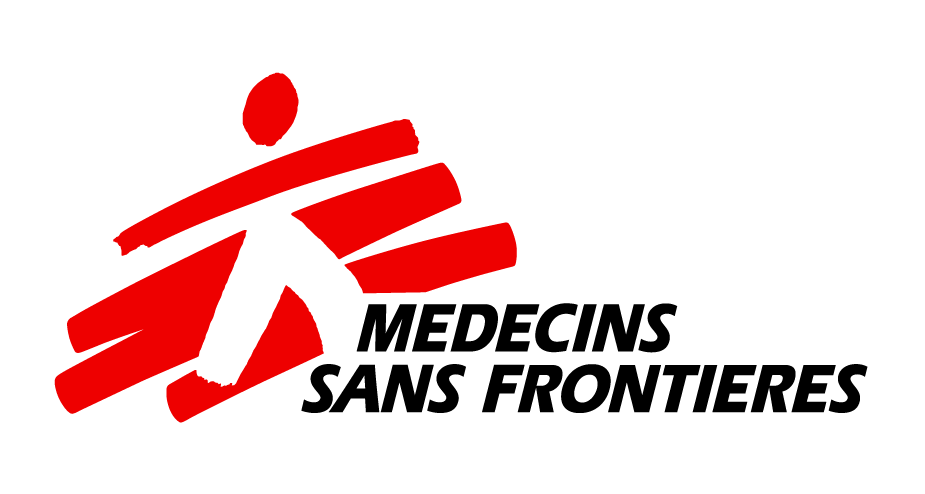MSF Operational Centre Brussels
Médecins Sans Frontières (Doctors without Borders) is an international, independent medical humanitarian organisation providing medical assistance to people affected by conflict, epidemics, disasters, or exclusion from healthcare.
MSF recognises the medical and humanitarian consequences of climate change and environmental degradation, and how the organisation contributes towards it. It acknowledges the need for MSF to provide medical humanitarian assistance without creating additional humanitarian needs in the future, nor compromising future humanitarian action. In its 2020 Environmental Pact, MSF outlines key steps and indicators to address the climate emergency and its role in tackling it. Following this, MSF has pledged to reduce its emissions by at least 50 per cent compared to 2019 levels by 2030.
In March 2022, MSF signed the Climate Charter and declared that each Institutional member is expected and encouraged to develop individualised plans or roadmaps to work toward this target, acknowledging that not all members will achieve results in the same way or at the same pace.
Under the MSF umbrella, MSF Operational Centre Brussels (OCB) operations are supported by ten Partner Sections and Branch Offices: Lebanon, Sweden, Norway, Denmark, Hong Kong, South Africa, Italy, Brazil, Belgium and Luxembourg. It the largest operational centre in the MSF movement, currently managing over 100 projects in 37 different countries with approximately 11,000 staff.
It hosts the Espace Bruno Corbé in Brussels, one of MSF’s training and innovation centres, as well as the humanitarian procurement agency, MSF Supply.

Partnership with the Climate Action Accelerator
The partnership between MSF OCB and the Climate Action Accelerator formally came about in February 2022. This partnership entails the collaboration of the two organisations in developing an environmental roadmap for MSF OCB, which elaborates its reduction targets, carbon footprint measurement and strategic implementations.
Environmental commitment
In its Strategic Operations 2020-2023, MSF OCB states that its operational, medical and analysis departments will work in close collaboration with MSF Hong Kong Operations Support Unit (OSU), BRAMU from MSF-Brazil and MSF Southern Africa, to engage in reflection, research and risk analysis to develop models of intervention, a better understanding of emerging medical needs and appropriate public positioning and advocacy on climate change.
A motion on recognising and acting upon the medical and humanitarian emergency linked to environmental degradation, especially climate change, was voted upon and approved by the General Assembly in 2019. Following this motion was the establishment of a ‘Climate-Environment-Health Circle’, gathering people from operations, medical, logistics, supply chain, human resources, communications and advocacy departments, both at headquarter and field levels. Their first deliverable was the MSF OCB Climate-Environment-Health (CEH) Action Plan 2020-2023.
MSF OCB has also reframed and renamed the ‘Water and Sanitation’ unit to ‘Environmental Health’ as a branch of public health. This broadened the scope of the unit to include the effects of climate change and environmental degradation, within the programmatic medical discussions within MSF OCB.
In 2017, MSF OCB created an energy vision, the aim of which is to provide technically, environmentally and economically responsible energy solutions adapted to local context and needs. The vision focuses on the design and implementation of energy strategies that can provide the best care environment for patients in MSF OCB’s medical humanitarian programs.
Early in 2009, MSF OCB published the ‘Eco-Log’ Manual to support field staff working to reduce the organisation’s environmental impact.
Environmental démarche (to edit)
Resources
Cover photo credit
Cover photo © Maurizio Debanne/MSF, Ukraine, 2022.

